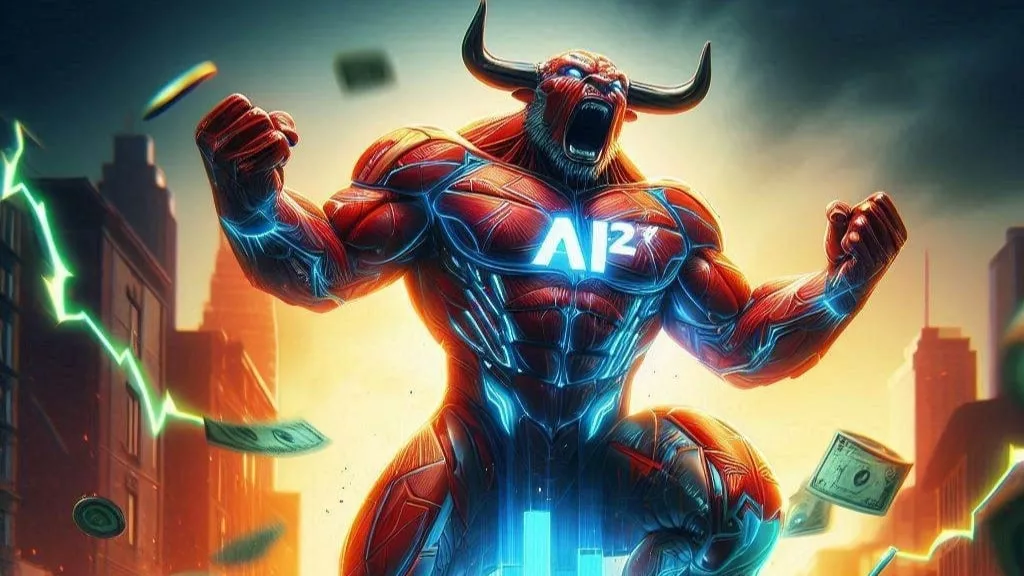
In a recent turn of events, the cryptocurrency world is abuzz with controversy following SEC Chair Gary Gensler’s remarks on the ongoing Ripple case. Gensler’s comments have triggered strong reactions from prominent figures within the crypto community, shedding light on the complexities of the legal battle and the broader implications for the industry.
Gensler Under Fire: Accusations of Arrogance
Prominent pro-XRP legal experts Bill Morgan and John Deaton have taken a critical stance against SEC Chair Gary Gensler, branding him a “megalomaniac” in a scathing rebuke. Deaton, known for his outspoken support for Ripple, voiced his concerns on his X platform (formerly Twitter), accusing Gensler of disregarding the court, including the Supreme Court. He went further, suggesting that individuals like Gensler exhibit inherent arrogance and believe they are above the law.
Deaton’s tweet was prompted by an interview in which Gensler was asked whether any court decision could change his perception of the crypto space and cryptocurrencies. Instead of providing a direct response, Gensler seemed to deflect, expressing his desire for a court decision that would expedite compliance within the crypto industry.
These comments come at a crucial juncture as the SEC is embroiled in a protracted legal battle against Ripple, a case that holds significant implications for the classification of crypto tokens as securities.
Gensler’s Push for Regulatory Control
Gensler’s remarks hint at his determination to secure a court decision that aligns with his belief that cryptocurrencies should be treated as securities, subject to securities laws. This stance bypasses the question of whether cryptocurrencies inherently fall under the SEC’s jurisdiction.
Bill Morgan offered further insight into Gensler’s statements, suggesting that the SEC Chair may be hoping for an Appeals court to overturn Judge Analisa Torres’ ruling. Morgan humorously speculated that Gensler might be eyeing a celebration in New York, alluding to Ripple’s announcement of a victory celebration on September 29.
Securities Laws and the Crypto Industry
During the same interview, Gensler emphasized the applicability of securities laws to “crypto security tokens.” He argued that there is no inherent incompatibility between these tokens and securities laws, making a case for their classification as securities. According to Gensler, this regulatory approach would offer investors protection against fraud and manipulation, addressing the losses incurred by many hopeful crypto investors.
The SEC, under Gensler’s leadership, aims to leverage the Ripple case to establish the classification of crypto tokens as securities and advocate for their regulation under existing securities laws. Their interlocutory appeal centers on Judge Torres’ ruling, where she determined that Ripple’s programmatic sales and distributions did not constitute investment contracts.
A favorable outcome for the SEC in this appeal would provide a significant boost to the Commission’s enforcement efforts and pave the way for actions against unregistered crypto exchanges, akin to their actions against Binance and Coinbase.
Implications for the Crypto Community
The ongoing Ripple case and Gensler’s comments have far-reaching implications for the broader crypto community. If cryptocurrencies are ultimately classified as securities, it would usher in a new era of regulatory oversight. While this could offer increased investor protection, it also raises concerns about stifling innovation and imposing onerous compliance requirements on crypto projects.
Moreover, the debate surrounding Gensler’s remarks underscores the tensions between regulatory bodies and the crypto industry. Striking a balance between safeguarding investors and fostering innovation remains a formidable challenge.
Conclusion: A Divisive Issue in Crypto
As the SEC’s legal battle against Ripple continues, the crypto community finds itself at a crossroads. Gensler’s comments have intensified the debate over whether cryptocurrencies should be subject to securities laws, and the outcome of this case may chart the course for the industry’s future.
The clash of opinions among experts and stakeholders highlights the complexity of the issue. Balancing regulatory oversight with the need for innovation is a formidable task that will shape the crypto landscape for years to come.




Get the latest Crypto & Blockchain News in your inbox.